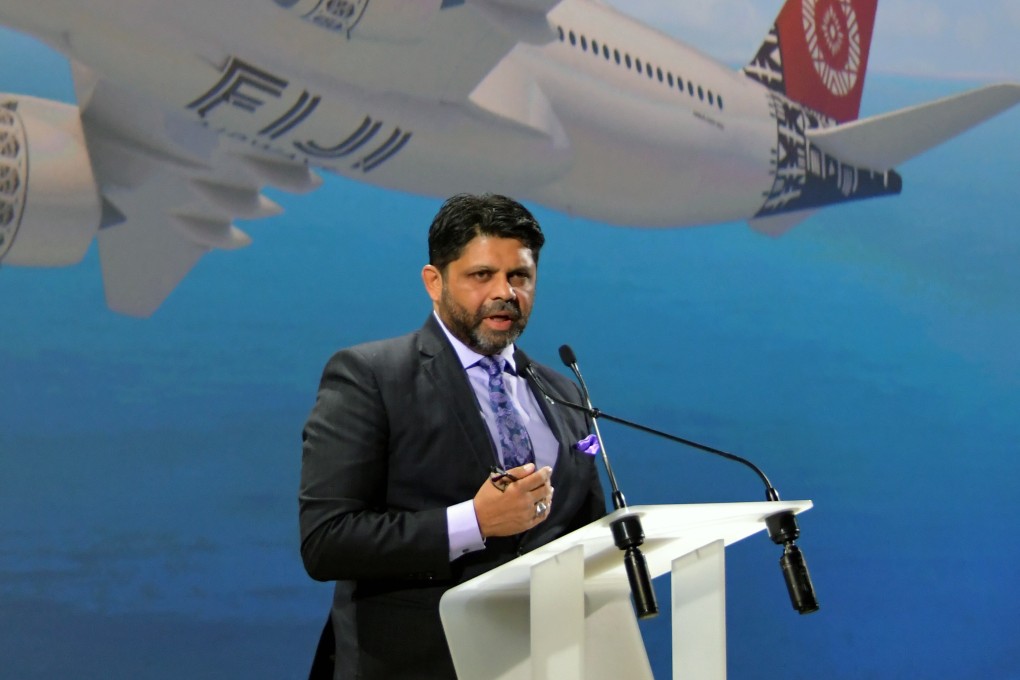In Fiji, bomb attack claims against Indo-Fijian attorney-general stoke racial tensions
- Siblings from a political family claim Aiyaz Sayed-Khaiyum tried to kill them as part of a plot by an Indo-Fijian pro-democracy group after the 1987 coup
- While doubt has been cast on the allegation, it is enough to stir long-simmering divisions between the ethnic Indian and indigenous populations

An investigation into Fiji’s attorney general over a murder case that went cold has brought the divisions between the country’s ethnic Indian residents and indigenous population back into the spotlight.
Aiyaz Sayed-Khaiyum, one of the South Pacific’s most powerful men, is being investigated in connection with fatal twin bomb attacks that happened in the capital of Suva in the aftermath of the 1987 military coup that deposed the first government formed by the Indo-Fijian-dominated National Federation Party (NFP). A passerby died in the first attack and several people were injured.
The Indo-Fijian population, descendants of Indian plantation workers brought to Fiji by the British, make up about 38 per cent of Fiji’s population. The indigenous iTaukei people make up around 57 per cent. Fiji’s population stands at 897,000.
Aiyaz, 55, who earned his law degrees from Australia and Hong Kong, is the son of former NFP member Sayed Abdul Khaiyum. He holds seven influential portfolios – justice, economy, aviation, communication, public service and enterprises, climate change and anti-corruption – earning him the nickname “Minister A-to-Z”.
In July this year, a new complaint lodged with police in Suva by two siblings from a prominent ethnic Fijian political family accused Aiyaz of planting two bombs, targeting them and their mother in October 1987. The minister, it was alleged, was a member of the Indo-Fijian pro-democracy group known as the Fiji Freedom Fighters, which formed in response to the 1987 coup.
At the time, the military government had cracked down on the Indo-Fijian population by enforcing a racially-based constitution that discriminated against them, resulting in as many as 70,000 – or almost 20 per cent of the Indo-Fijian population – fleeing abroad.
The coup also led to racially-motivated intercommunal violence.
